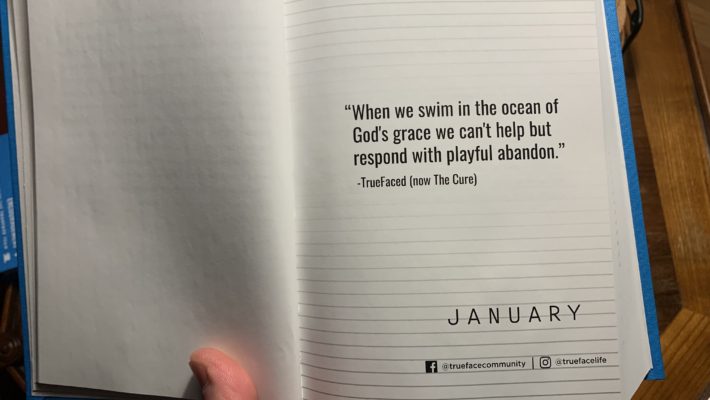Paul wrote many letters that we can now read in our Bibles, each containing great insight into his life and the lives of those he wrote to. He is a dramatic example of how one can truly be changed by God’s grace through trusting Christ. I recently had a conversation with some friends about Paul and wanted to share some about what came up, as I realized how impactful it can be to take a close look at Paul “before and after” his encounter with Jesus. Some things about Paul changed, but some things did not.
From the first time we read about Paul in the Bible, we begin to see a driven man. He was passionate about what he believed in. He was extremely knowledgeable of Scripture and the Law. Having his own understanding of what he knew about those things, he strived to keep the law and enforce it with others. He felt strongly that he was doing the right thing. Nothing could stop him. He was even complicit in murder in attempts to protect what he believed in, which included the murder and imprisonment of those who trusted in Jesus.
Unbeknownst to him, he was persecuting not only those who trusted Christ, but also Christ the Lord Himself. Jesus made him aware of this while Paul was traveling to Damascus to continue his threats and carrying out of what he perceived to be justice. After being blinded and then regaining his sight, Paul’s heart was changed by God and his perspective changed as well.
This is where it gets rather interesting. Yes, Paul’s treatment of others, particularly Christians, changed. However, his temperament did not change. He was still a very driven man. He was still very passionate in what he believed in. He was still determined to push through anything and anyone to accomplish the goals set forth before him. However, all of this looked a lot different with the new heart he had.
God transformed Paul’s weaknesses into strengths.
Instead of hatred and self-righteousness driving him, love and humility had taken over in his heart. Instead of making others suffer to prove his own point, he was now willing to suffer himself in order to accomplish the goal of spreading the truth about Jesus (the Gospel). Instead of being willing to take the lives of others, he was determined to give others life in Christ.
For where your treasure is, there your heart will be also. (Matthew 6:21, ESV)
Paul initially treasured the seeking of righteousness through adherence to the rules he interpreted from Scripture. He believed in striving to follow the rules and enforcing them on others. After coming to know the Lord, he then treasured God’s grace due to his newfound realization that he was in desperate need of it. Paul once thought he was good because he worked so hard to be. After his conversion, Paul realized his deep need for dependence on Christ for God to work good in and through him. Paul was once arrogant and feared by others, but he became humble, loving, and loved.
God transforms our weaknesses into strengths.
Many of us see things in ourselves that we do not like, things we might even hate and wish to be changed. However, today I want to encourage us to be open to seeing ourselves from a different perspective. Perhaps those very things that we hate about ourselves are merely us acting out in ways that God doesn’t intend for us. Maybe we are hard-headed, refusing to be open to being wrong, and that causes us trouble. However, with a bit of humility, that same hard-headedness can be steadfastness and determination to seek and stand by truth and trustworthiness, which can keep us OUT of trouble. Perhaps we procrastinate often, but with the right motivation we might discover that we have a knack for avoiding quick, disorganized choices and instead have the ability to engage in well-thought-out decisions that helps us and those around us.
Instead of treasuring God and who He created us to be, we often treasure what we see in others and desire to morph into something else. Let’s make a concerted effort to do something different. Let’s look in the mirror and notice those things we wish were different. Invite God and trusted others to take a look at those same traits and tell us what they see. Perhaps those traits and tendencies don’t need to be removed. Instead, maybe we need a different perspective in order to take advantage of strengths we have been considering to be weaknesses.
-Neil
If you would like to receive notifications when we post new blogs or events please subscribe to our email list using the form below. Add us to your address book to make sure we do not end up in your spam folder.











